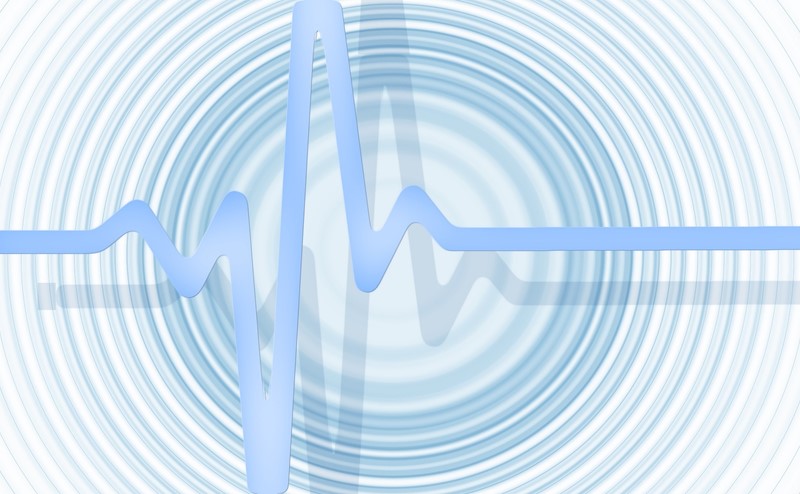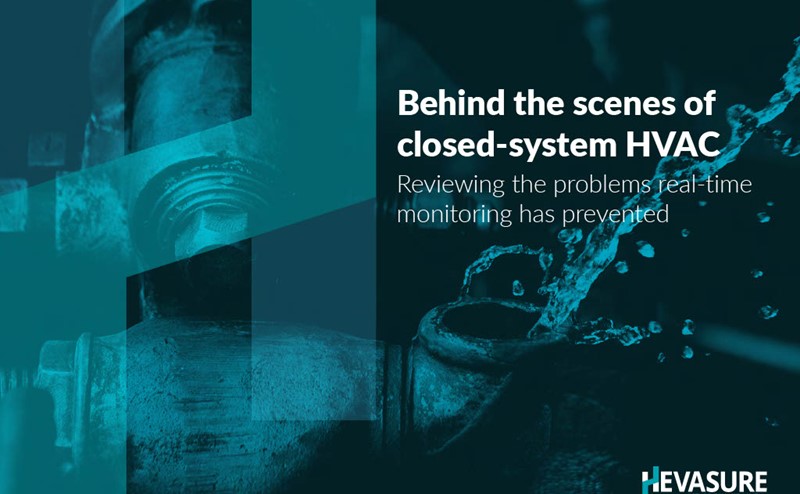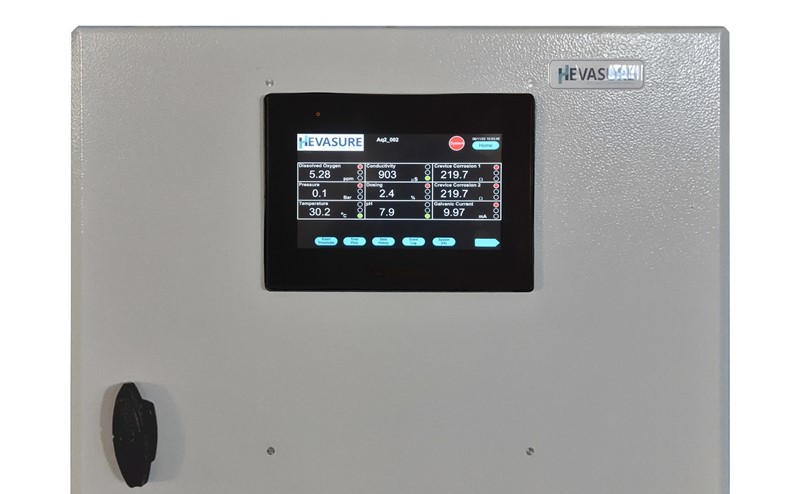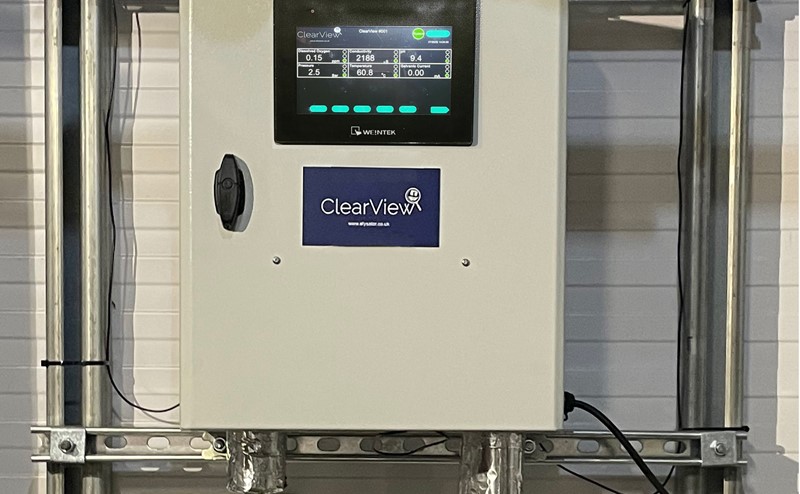
HVAC check-ups explained – FAQs
Everything you need to know about HVAC health checks
HVAC systems are essential to healthy buildings, providing temperature control and maintaining good indoor air quality and ventilation. They keep occupants comfortable and safe and allow large-scale commercial buildings, including critical infrastructure such as hospitals, data centre and industrial buildings, to function effectively.
Preventative HVAC check-ups ensure that valuable assets are protected, sustainability and energy-efficiency levels maintained and the costs associated with breakdown and repair are reduced.
Where a problematic HVAC system exists with known issues, such as frequent leaks and blockages, an appropriate health check can quickly identify the root cause of the problem and point to effective remediation.
How often should you check your HVAC?
If buildings are to remain operational, it is vital that HVAC systems are regularly maintained – do not wait until the system is showing signs of stress. Commercial HVAC systems are extremely complex and the cost of letting a problem develop can be excessive.
Ideally, HVAC systems should be continuously monitored via the building management system (BMS). Best-practice advice will vary for different parts of the HVAC system, refer to relevant legislation and industry guidance for details.
For closed-circuit water systems, including low temperature hot water heating systems, heat pump and chilled water systems, and condenser water circuits, BSRIA’s BG50/2013: Water Treatment for Closed Heating and Cooling Systems provides best-practice advice about effective monitoring, maintenance and management, suggesting frequent testing schedules following commissioning and throughout the life of the system. The focus of this is to prevent corrosion damage which is the main cause of system failure and efficiency loss.
Hevasure’s real-time monitoring system provides real-time condition and corrosion monitoring for closed-circuit systems, or one-off health-checks if something has gone wrong. Installed for a fixed period – anything from two weeks to several months – the Hevasure system will ensure water conditions are stabilised quickly and corrosive conditions are monitored to identify to the root of the problem.
How much does a HVAC check-up cost?
HVAC check-ups can be expensive, but the cost of neglecting HVAC maintenance is higher.
The initial outlay of a HVAC check up will usually correspond with its effectiveness, for example, a water treatment testing kit including chemicals for DIY treatment will cost less that a comprehensive package of monitoring, professional analysis and tailored water treatment.
A much more effective way is to use Hevasure’s monitoring system. Savings can be made at every stage of a closed-circuit water system’s life – from reducing the need for chemicals, sampling and consultants, to flagging up small issues before they become big problems.
Real-time monitoring for HVAC health
When compared to traditional methods of closed-circuit water system testing – corrosion coupons and laboratory sampling – the Hevasure system provides a far more responsive and thorough health check solution.
With key readings delivered direct to FMs every 15 minutes via the Hevasure Dashboard, the Hevasure system delivers a more accurate picture of the system condition from the outset, where laboratory samples would take a week. Having a real-time picture of fluctuations within the system ensures that anomalies can be immediately identified and rectified in the most cost-effective and the least disruptive way.
Click on the links below to see real life examples of Hevasure Health Check Reports:
Example Hevasure health check 1
Example Hevasure health check 2
To find out more about the Hevasure system and how it can help ensure the health of your HVAC system, click here.







